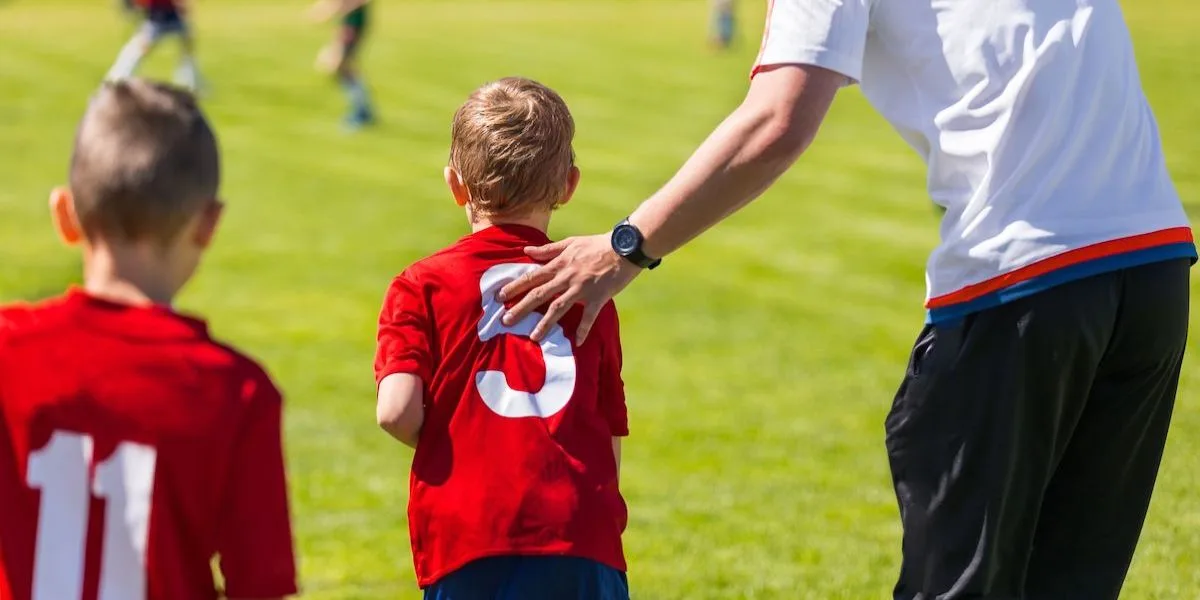
As parents, we all take pride in our kids. And one of the greatest joys in life is watching our kids grow and thrive through sport. We all want our kids to do their best. But how can we provide our kids with the greatest sporting experiences possible without being overbearing? It's essential to examine youth sports parenting styles that work.
For many families, busy sports schedules provide a rhythm and structure to life. We may act in certain ways without pausing to think about the effect we're having on our kids and the wider sports community. That lack of reflection can impede our kids' growth as athletes and as people.
Unfortunately, stories of youth sports parents behaving badly abound. Chances are, you've met some negative or domineering adults in your sports parenting journey. Don't feel dismayed by those bad models. There is a better way.
If you want to be a positive influence on your kids, get to know the basics about parenting styles. Then you can employ one of three prove sports parenting strategies and help your young athletes gain the maximum benefit from their sports participation.
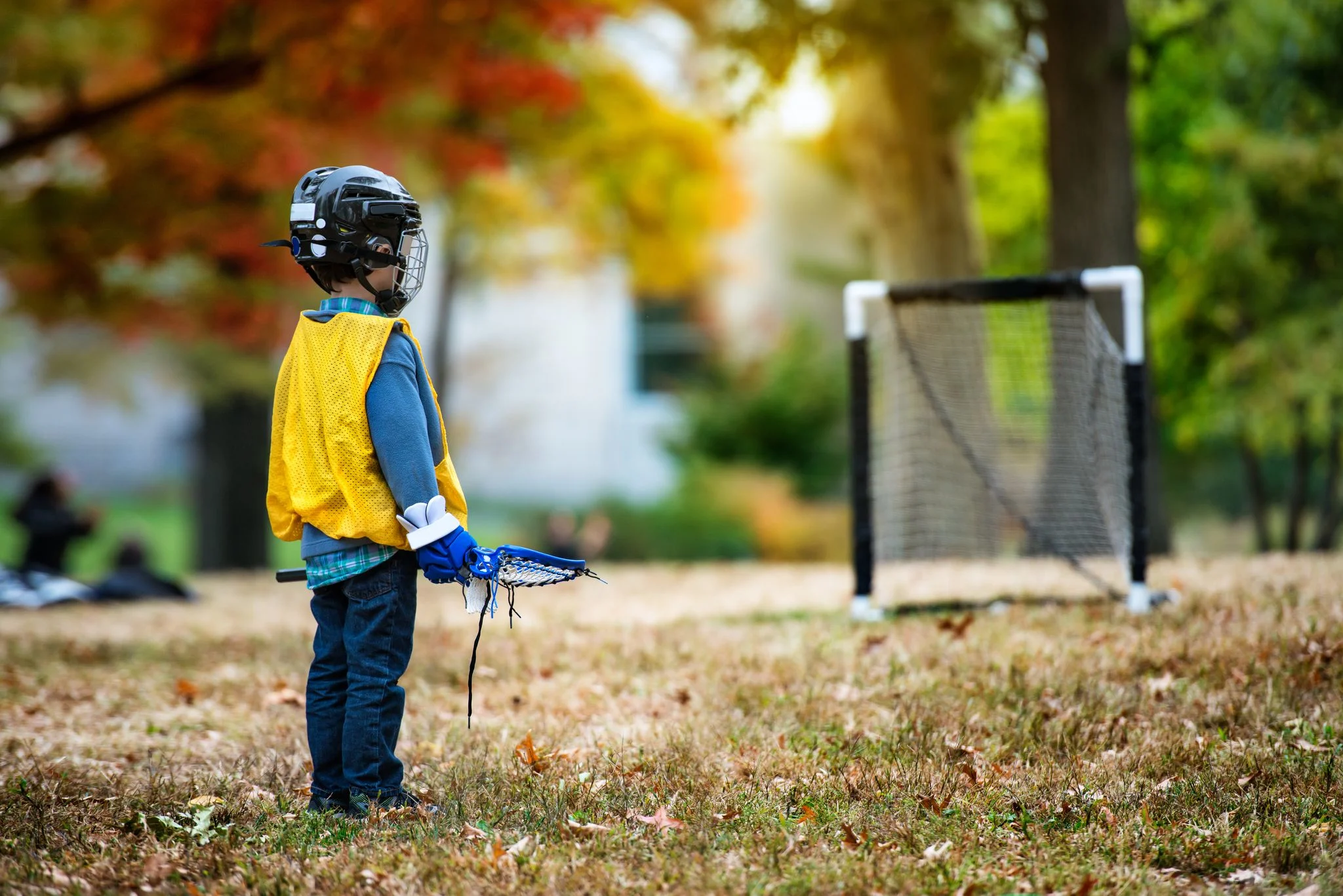
If you want to be a positive influence on your kids, get to know the basics about parenting styles
What Does "Parenting Style" Mean?
Before you can put a parenting style into practice, it helps to understand the meaning of the term. A parenting style is the collection of attitudes and practices you use when engaging with your kids. Your parenting style creates an emotional climate for your relationship with your child. How you view and exercise authority is part of your parenting style.
Some well-known ideas about parenting styles date back to research conducted by psychologist Diana Barimund in the 1960s. According to Barimund, there are four primary parenting styles: authoritarian, authoritative, permissive, and uninvolved. Barimund's research suggested the authoritative style is most likely to help children grow into successful adults.
What's your personal parenting style? You can take this quiz from Psychology Today to find out.
Three Youth Parenting Strategies to Try
It's no surprise that the sports parenting strategies that work best align with Barimund's authoritative parenting style. Authoritative parents create structured environments with clear behavioral expectations, but they recognize that their kids have rights and can make choices. That is precisely the foundation that kids need to do well in athletics.
The authoritative parenting style correlates to an "autonomy-supportive" parenting style, as described in a study published in the Journal of Sport & Exercise Physiology. That research examined two distinct parenting styles. While some parents were controlling, parents who used the autonomy-supportive approach created positive environments for their young athletes.
Some families displayed mixed styles, with adults relying on different approaches. Also, some parents shifted from a more controlling style to a more autonomy-supportive style as children demonstrated that they were ready for more responsibility. When children are older and show self-discipline, some parents may give them more freedom.
How can you adopt the "autonomy-supportive" sports parenting style? First, you need to allow your young athletes to have the autonomy to make their own decisions while providing consistent support. In addition, you should create an environment that fosters open, two-way communication between you and your kids. You should also encourage relationship-building to help your young athletes feel connected to their sports teams, coaches, and community. Fostering Autonomy, While Providing Support
Parents who practice the "autonomy-supportive style" have a strong involvement in their children's lives and sports endeavors, but are not controlling. Instead, they focus on providing guidance, support, and behavioral expectations, while allowing children to make their own decisions.
These parents put limited pressure to compel their kids to act in certain ways. Still, they provide adequate structure so that children know how to behave responsibly.
You can have a family code of conduct and still give your kids the freedom to be part of decisions that affect them. With an autonomy-supportive approach, your young athletes can develop a sense of confidence and independence, but still feel assured that they have your support and backing.

Parents who practice the "autonomy-supportive style" focus on providing guidance, support, and behavioral expectations, while allowing children to make their own decisions.
Creating A Climate of Open Communication
Another hallmark of the autonomy-supportive style is open communication between parents and kids. Often, parents who employ this style were very aware of their children's moods. These parents developed an understanding of how and when to talk to their kids and didn't push conversations to happen at the wrong times.
For example, after a tough game, you may realize that your young athlete is feeling emotional or drained. Instead of providing advice--positive or negative--during this sensitive period, you can wait until your child is more receptive to feedback.
In these situations, you can model healthy communication and help your kids understand that they can ask for your support when they need it. Over time, your kids will likely become more comfortable seeking feedback and engaging in open communications with you. This openness can help you kids grow as athletes--and as people.
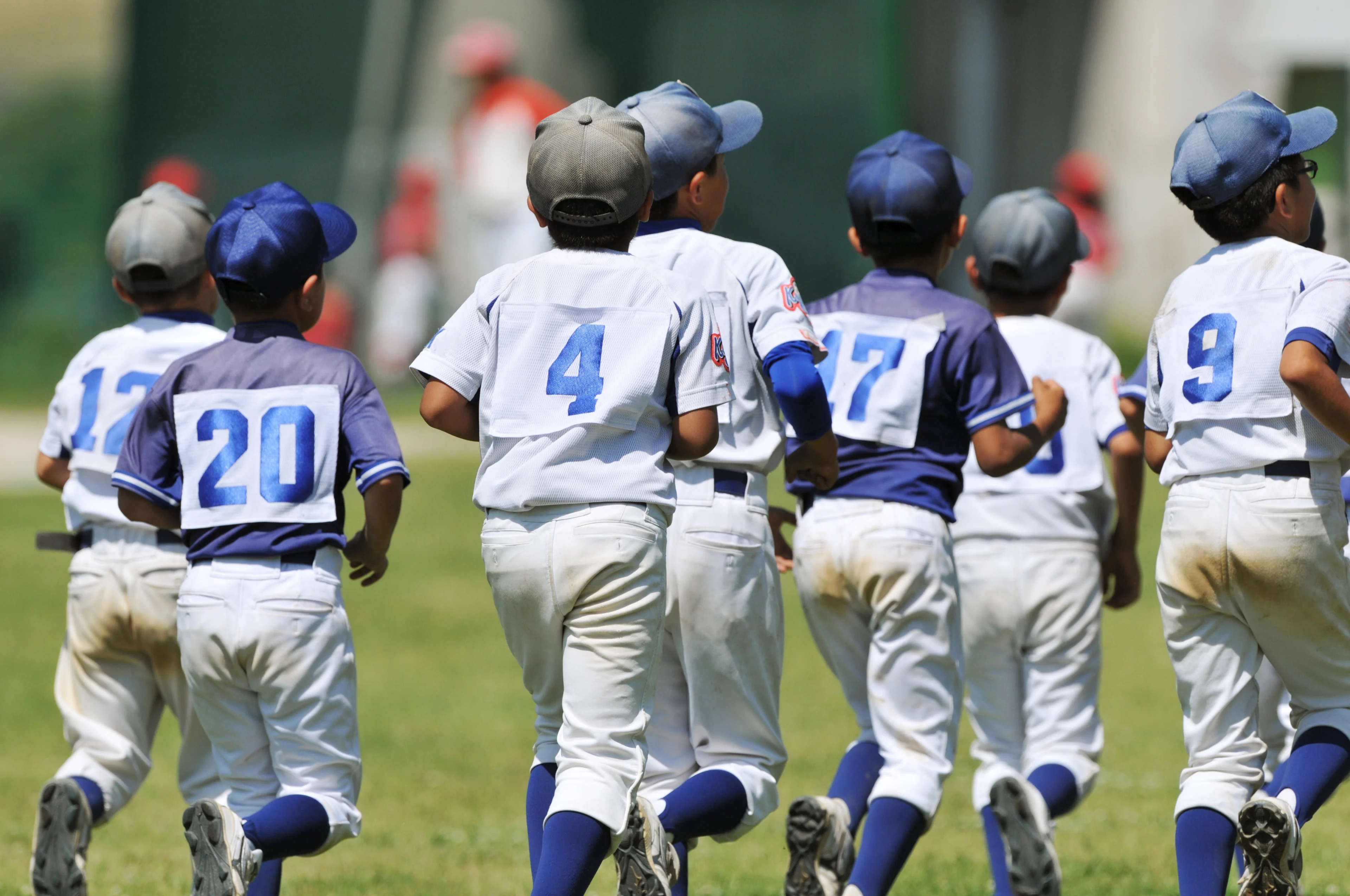
Parents who openly communicate with their children are often very aware of their children's moods and have an understanding of how and when to talk to them.
Building Positive Relationships in the Sports Ecosystem
Another way to put the autonomy-supportive sports parenting style into practice is by focusing on relationship-building. You undoubtedly recognize that the complex social environment of youth sports. No matter what sports your kids play, they can interact with a web of individuals, including coaches, other parents, board members, teammates, extended family, and team supporters. They'll learn a lot from how you engage with others.
You can focus on building good relationships and role model positive behaviors for your kids. Explain to your kids that listening to and supporting coaches can help them grow as athletes and help their teams be successful. Let your children see you mingling with parents and looking for common bonds. Volunteer when you can to help the team or league.
Also, you can demonstrate how to handle difficult situations for your young athletes. For example, you can let your kits observe dealing with parents that display challenging behaviors in a diplomatic way. Through this experience, they can learn not to avoid hard conversations but to focus on facilitating the most important outcome.
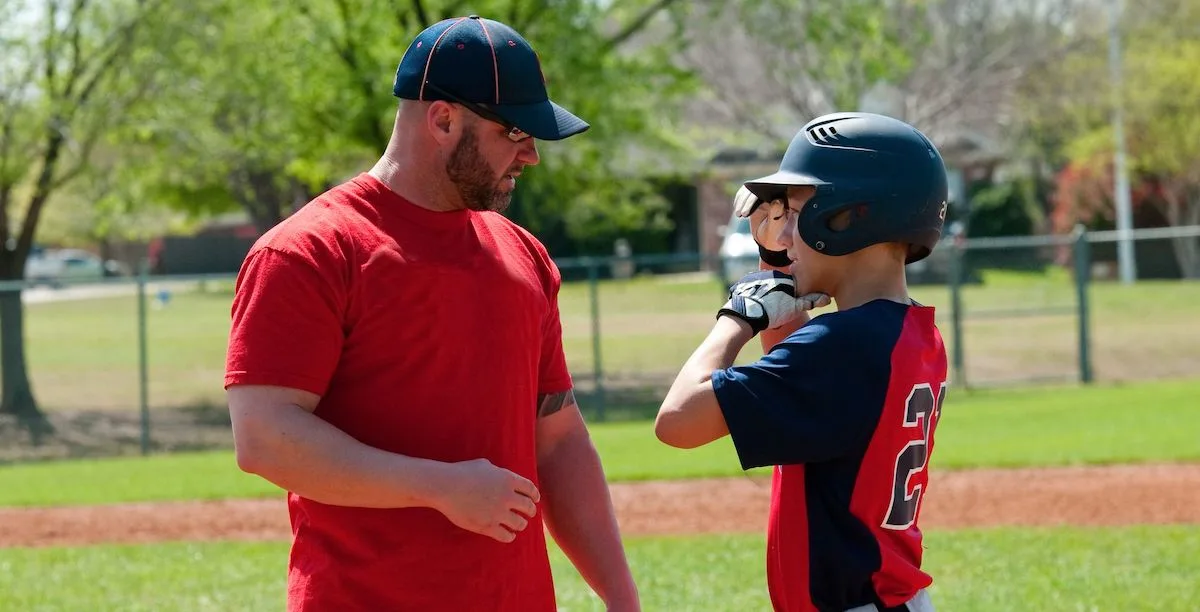
Youth sports are a complex social environment and your kids will learn a lot about relationship building based on your own interactions with all the associated parties.
Finding the Youth Parenting Style That is Right for You
While authoritative and autonomy-supportive parenting styles earn high praise, they may not fit every situation. A smart youth sports parent tunes into their kids and provides them the level of support and challenge they need. You may need to exert more control when kids are younger, or if you encounter a less-optimal team climate. The best parenting style is right for your child, and right for the situation.
Never be afraid to seek out parenting advice for youth sports when you need it. Many coaches and sports professionals are parents too and can lend a listening ear if you need to talk. Often, league officials or board members have years of experience in parenting and coaching before taking on leadership roles. These individuals may have observed other families and situations for years and can provide you wise insight.
No matter how old your kids are, what sports they play, or how seriously they compete, you can pause and consider your youth sports parenting style. You may find the parenting lessons you learn during playing seasons shape the way you engage with your family year-round.
Whatever parenting style you use, remember that you are your kids' first teacher, and they look up to you. Be the type of parent that makes them proud.
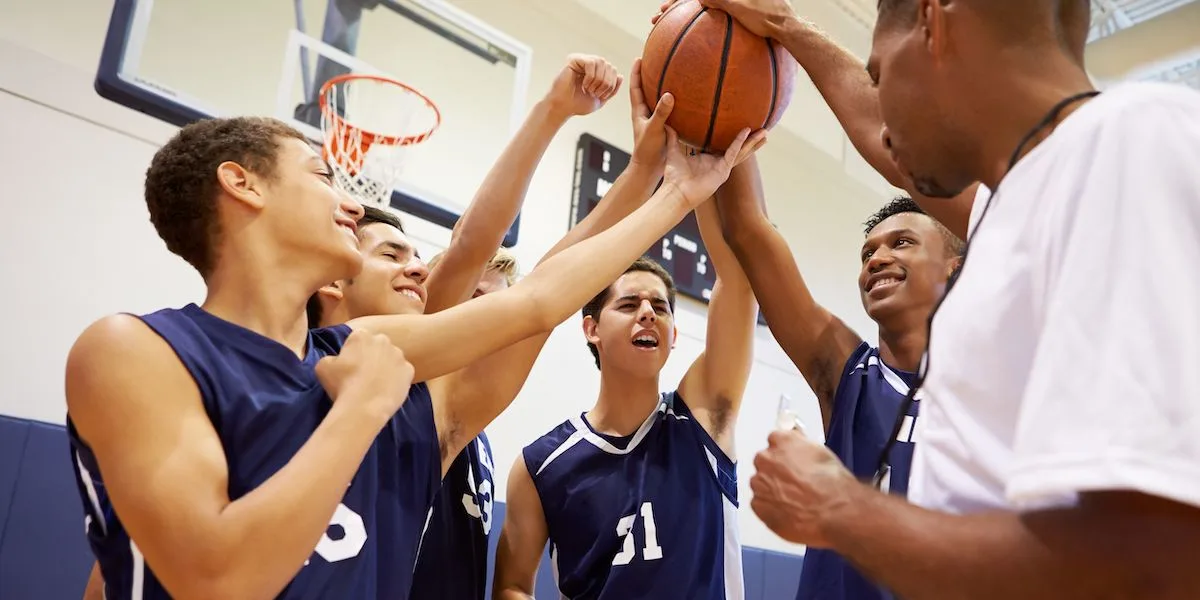
Never be afraid to seek out parenting advice for youth sports when you need it. Many coaches and sports professionals are parents too and can lend a listening ear if you need to talk.